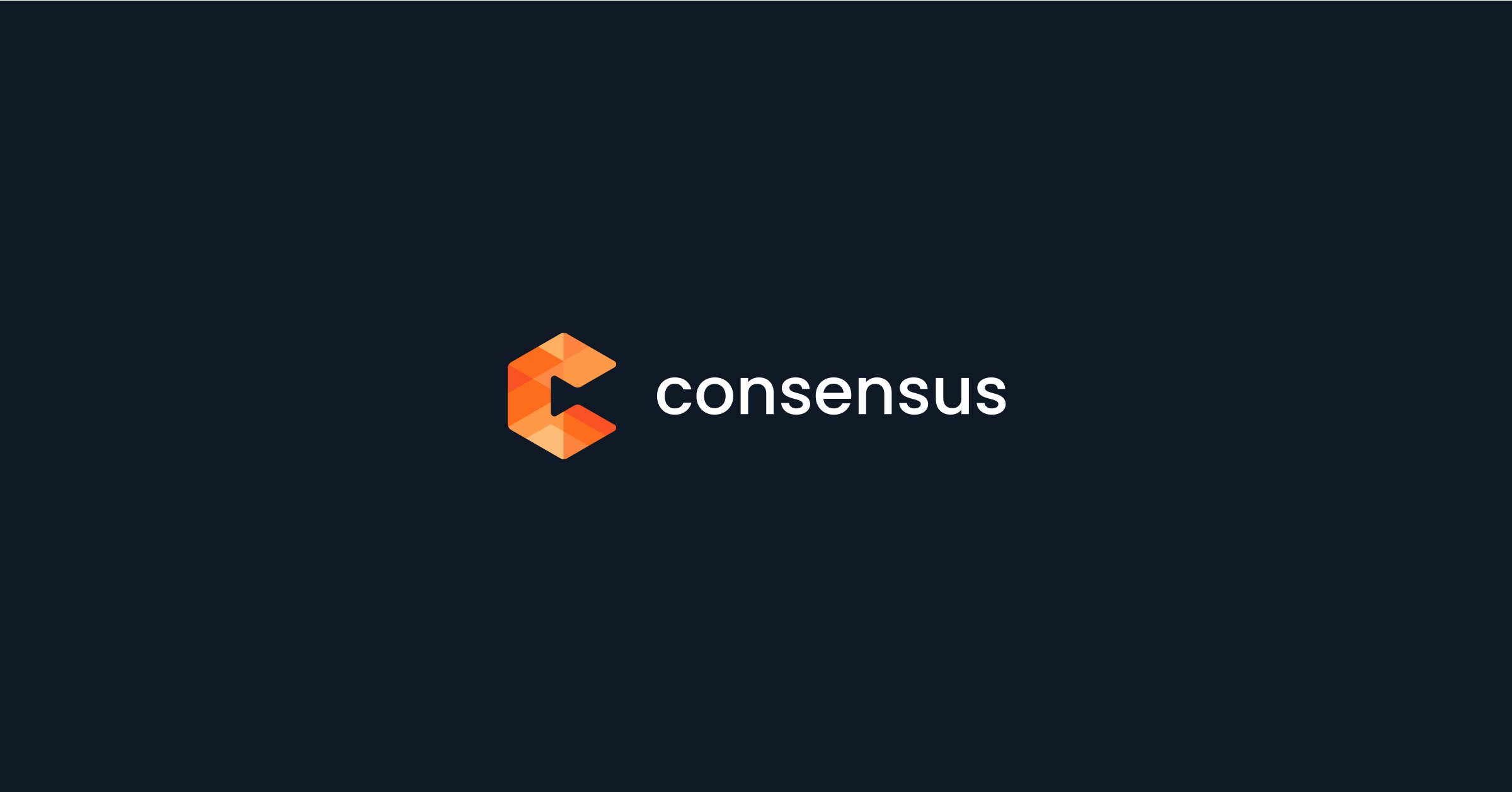Garin Hess is a serial entrepreneur with over 20 years of hands-on in-the-trenches experience. ...
Close more deals with
Demo Automation.
Watch a Demo
Is fundraising a monumental waste of time with opportunity costs funneling down the drain at record pace, or is it worth the time and energy it requires? So often we gauge the answer based on a single criterion I hear over and over from entrepreneurs: “If we get funded it was worth it. If we don’t, it was a waste!” I admit, this used to be my philosophy.In this article I want to propose an alternative view that has nothing to do with whether you get funded or not. Are there other criteria by which we can evaluate whether or not it is ‘worth it’?
A few days ago we pitched CONSENSUS™ to a local panel in an attempt to get some small grant funding. The pitch didn’t go down so well. To be honest, it was one of my worst presentations ever. We tried to fit too much into the time allotted. The panel grilled us on our market segment and poked holes in some of our assumptions that in spite of our best efforts, we hadn’t recognized. Moreover, one panelist persisted in talking about our solution as if he didn’t even understand what we were doing! As a matter of fact, he didn’t, and it was our fault. We had not explained our value proposition clearly enough for them to clearly understand. We left a little deflated (we learned, thankfully, that we were awarded the grant anyway…woot!), but it was a catalyst for a great experience just around the corner.
Shortly after, we were given the opportunity to pitch to a group of investors from various VC firms in the Bay area in California. While pitching to investors was not a new experience for me, this opportunity had a unique urgency about it. Monday around noon we received the invitation to participate in a format organized by Orrick where six carefully selected SaaS companies would pitch in front of the panel. The catch: the pitch was Wednesday–we had to be ready to pitch in 48 hours, and we had to get to California. We had only recently decided we were raising money, so this threw our plans into hyperdrive.
Because of the first bombed pitch we knew we needed to rework our messaging. We stayed up late Monday and worked on our pitch deck, then Tuesday completely changed it after receiving some great feedback from Ken Myers, a colleague running a great startup called SpeakWorks. We refined our story, our messaging. I pitched for Isaac and Scott (other members of the executive team) several times incorporating feedback each time. We finally arrived Tuesday night. I stayed up till 1:30 a.m. pitching to the mirror and timing myself. We were going to have a maximum of 8 minutes with 15 minutes Q&A to follow. More pitching to Isaac and Scott in the morning.
We finally got to pitch and it went as smoothly as I think it could have. Still, during the pitch some panel members brought up questions we didn’t have a great answer for at the time. What’s your ‘go to market’ strategy? We gave them an update on our current thinking, but we have a lot of experimenting to do before we can confidently say we’ve nailed that and we told them as much. We could tell they wished we had a better answer. “How do you compare to x and y companies?” We hadn’t heard of those companies. And though we discovered, when we looked them up later, that they aren’t direct competitors (in fact they are more likely to be strategic partners), they do play in the same general marketing/sales space and we need to be aware of them.
In the end, the event organizer told us we had the best pitch of the six companies that pitched that day. Given the short timeframe we had to work within, we felt really good about it. We got two follow-up meetings with partners at some VC firms, so according to traditional measure we would say it was a success.
That said, we could look at the experience and say to ourselves, “How embarrassing…We didn’t know the answers to some of their questions about go to market strategy. We didn’t know every company they brought up. Fundraising is a terrible experience!” On the flip side we can look at it and say, “How awesome! We got input on our strategy from some very knowledgable folks and we learned about some companies we should probably be aware of that we didn’t before.”
The rigor with which an investor pitch has to be defended in front of very smart people requires entrepreneurs to climb down from their optimistic ivory tower and face some facts that are often too conveniently swept under the rug–a ‘come to Jesus’ meeting of sorts.
Under the hot light of scrutiny, fundraising can be painful and difficult. But this is precisely why we should embrace the opportunity rather than shun it. We really should be able to clearly communicate and defend our business in 25 minutes or less. If we can’t, we need to find out why and fix it.
David Hornik, with August Capital, shared these important benefits from pitching:
- It forces you to define and defend your business model and strategy
- It allows you to hone your strategy and pitch
- It disabuses of misconceptions
- The process provides you valuable market intelligence (think of the companies we learned about)
- It helps you determine if you have the right team
About his last point: I’ve often poked fun at ‘team-building exercises’ that corporations pay tens of thousands of dollars to attend, when they could build a tight and productive team with one simple but difficult exercise: give the team a seemingly impossible task with a tight deadline and ask them to accomplish it. In the process the team will bond and unite in ways you can’t pay to accomplish. This happened with our small team in those 48 hours. One thing among many we learned from the experience: we definitely have the right team.



